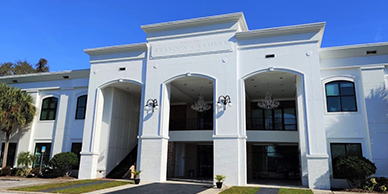As a landlord, you’re entitled to require a security deposit to protect yourself against tenants who skip out without paying the last month’s rent and property damage, you still have to be conscious of your tenants’ rights. What are the limits on security deposits?
Under Florida law, you can charge whatever you want for a security deposit. To stay competitive, however, most landlords will only ask for the equivalent of a couple of months’ rent.
Once received, that security deposit must be handled in one of the following ways:
- It can be held in a non-interest-bearing account within the state, unmixed with any other funds.
- It can be held in an interest-bearing account within the state, and the interest must either be paid annually to the tenant or at the end of the lease. (The interest can either be paid directly to the tenant or credited to their rent.)
- It can be replaced by a surety bond by the landlord. The bond must be posted in the same county as the rental, and the landlord must pay the tenant 5% annual interest on the bond.
When can you keep the security deposit?
Security deposits can be used to cover unpaid rent, due to violations of the lease, to pay certain legal deductions and for damage to the rental that goes beyond the expected “wear and tear.”
It’s important to understand that you cannot take money from a tenant’s security deposit to cover the sort of issues that come with daily use of a property. Normal wear and tear includes things like:
- Faded paint on the walls
- Worn carpets
- Loose or dirty grouting in a shower
- Scuffs on vinyl floors
- Scratches on appliances or countertops
- Pin holes from nails
If you fail to handle a security deposit properly, tenants can sue. Should they win, you may be on the hook for far more than the security deposit.
If you have concerns about your rights as a landlord, don’t guess about your options. An attorney can answer all of your questions.

